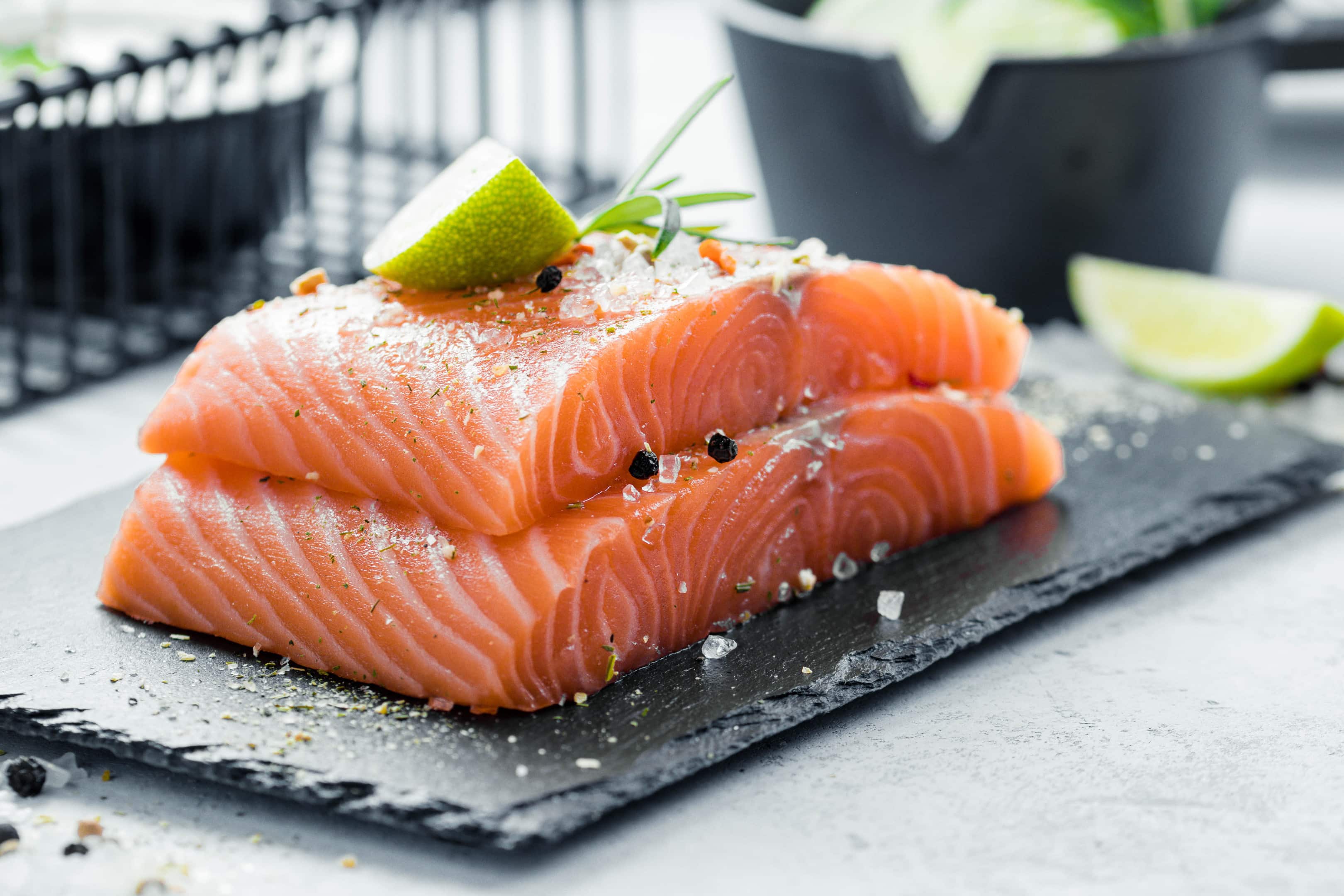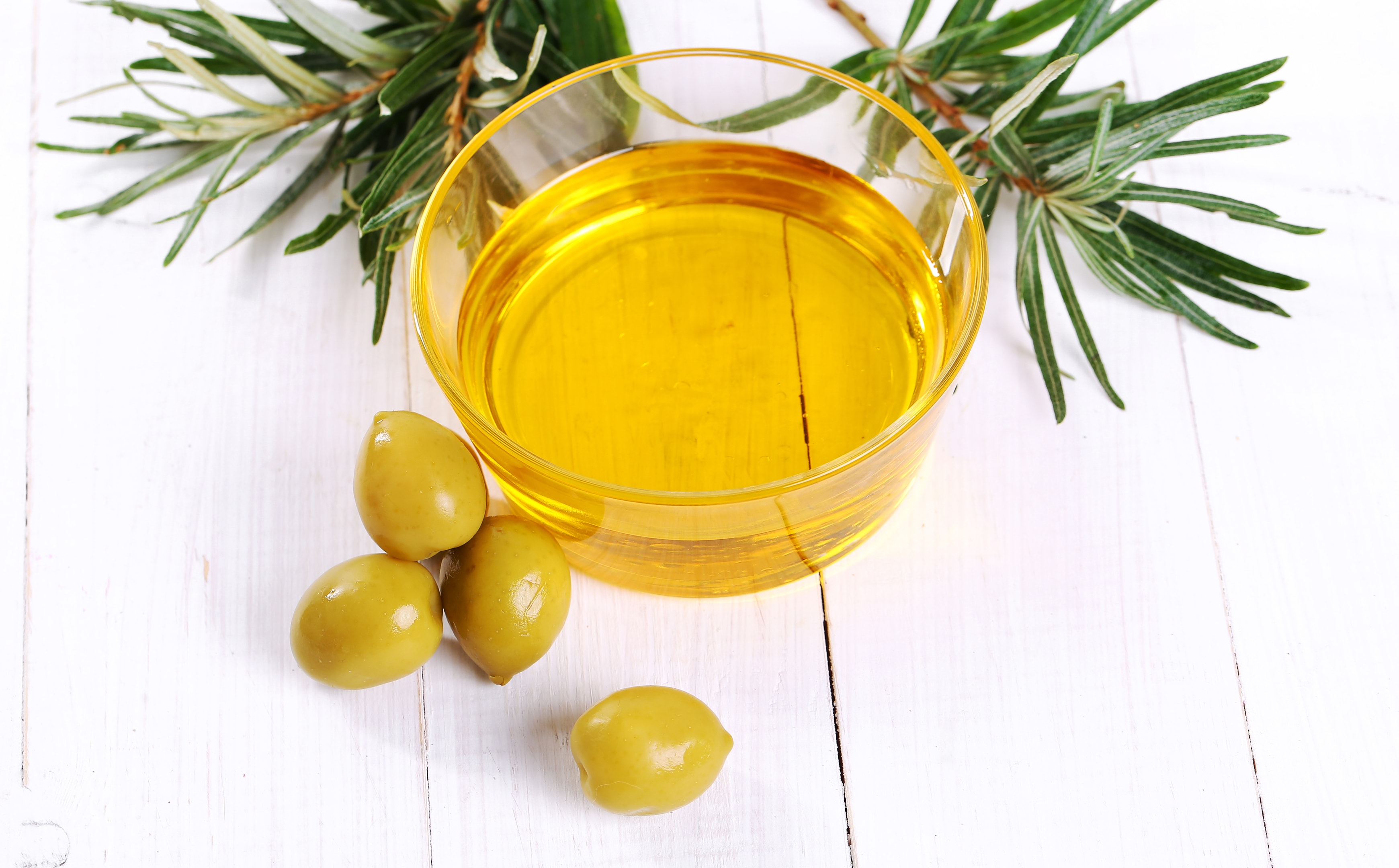Key takeaways
- The post explains the gut-brain connection as a two-way communication system between the gut and the nervous system, with the gut microbiome playing a central role.
- It links gut health to mood and cognition through themes like inflammation, neurotransmitters, and gut barrier health (as described in the post).
- It suggests eating patterns that include both probiotics (like kefir and yogurt) and prebiotics (like garlic and onions) to support a healthier gut microbiome.
- It lists eight foods it says can support the gut-brain connection: kefir, salmon, blueberries, walnuts, olive oil, sauerkraut, garlic, and bananas.
Over the years, understanding of the connection between diet and overall wellness has significantly improved. The old saying ‘you are what you eat’ has taken on a deeper meaning as nutrition has revealed how the foods we consume boost physical well-being and play an important role in our emotional and mental well-being.
Gut health is not just about preventing digestive problems; it is also key in supporting the brain's health. This link between the gut and the brain is known as the gut-brain connection or axis. In this article, we will explore this connection and how different dietary choices can boost cognitive function, influence mood, and even reduce the risk of mental disorders like depression.
What is the gut-brain connection?
The gut-brain connection refers to the two-way communication network between the gastrointestinal and central nervous systems. It is a communication system where the gut and brain constantly send signals to one another, and these signals can influence mood, behavior, memory, and even cognition. This means when the gut is healthy, the brain functions more efficiently, leading to improved mental clarity, reduced stress, and emotional stability.
At the center of the gut-brain connection is the gut microbiome, composed of trillions of bacteria in the gastrointestinal system. These microorganisms play a major role in producing diverse neurotransmitters such as dopamine and serotonin, which are major hormones that play a crucial role in regulating mood and boosting brain function. It is due to this ability of the gut that it is often called the ‘second brain’.
In addition, over 60% of the body’s immune cells are found in the gut, and inflammation in the gut can harm mental health. Also, when the health of the gut is affected due to poor diet, illness, or stress, the communication between the gut and the brain staggers. The result is often inflammation in both the brain and gut, causing anxiety, depression, and cognitive decline. This is why nourishing the gut with the right foods is essential for enhancing brain function and improving mood.
How to eat to enhance the gut-brain connection
A nutritional regimen loaded with gut-friendly foods helps to promote a healthy balance of gut bacteria, which can boost the production of neurotransmitters that regulate mood. Prebiotic and probiotic foods are particularly beneficial for producing and feeding the good bacteria in the gut respectively.
Probiotic foods such as kefir, kimchi, and yogurt, introduce beneficial bacteria to the gut while prebiotic foods, which include foods like garlic, onions, and whole grains, provide the necessary fiber and nutrients that nourish gut bacteria. Regularly consuming these foods can help maintain a healthy gut microbiome, thereby boosting the gut-brain connection. Additionally, incorporating foods rich in omega-3 fatty acids, fiber, and antioxidants such as polyphenols can overall help improve the brain-gut connection.
8 amazing foods to boost the gut-brain connection
1. Kefir
One of the major benefits of consuming kefir is that it contains a variety of probiotics including the Bifidobacterium and Lactobacillus species. These beneficial bacteria can help to balance the gut microbiome and promote the production of neurotransmitters like serotonin which plays a major role in boosting mood and sleep.
By supporting the health of the gut, kefir can boost emotional stability and can help alleviate the symptoms of anxiety and depression. Moreover, kefir is exceptionally effective in decreasing inflammation both in the brain and in the gut, further boosting mood regulation and cognitive function. Regular consumption of kefir can also boost the communication signals between the gut and brain to support mental wellness.

2. Salmon
Salmon is one of the richest sources of omega-3 fatty acids, particularly DHA (docosahexaenoic acid) and EPA (eicosapentaenoic acid). These fats possess anti-inflammatory qualities that can decrease gut inflammation. Chronic inflammation in the gut can interfere with digestion and harm the gut-brain connection, causing mental health issues like depression and even cognitive decline.
Moreover, the regular consumption of salmon can help improve cognitive function by boosting brain plasticity, the ability of the brain to form new connections. Studies have shown that a diet rich in omega-3 fatty acid foods, such as salmon, can decrease the risk of depression and alleviate the symptoms of anxiety due to the impact they have on the gut-brain connection.
3. Blueberries
Blueberries are loaded with plentiful antioxidants, vitamins, and fiber; this is the major reason why they are beneficial for maintaining the gut-brain connection. Blueberries are packed with anthocyanins, which are antioxidants that can help combat inflammation throughout the body including the gut.
Blueberries have polyphenols and flavonoids, which can protect both the brain and gut from oxidative stress. In addition, the polyphenols in blueberries can promote the growth of good gut bacteria, which in turn can support the production of neurotransmitters like serotonin that aid mood regulation and cognition. Blueberries also contain other nutrients like vitamins K and C which can boost the functions of the immune system, further protecting the connection between the gut and brain.
4. Walnuts
One of the major reasons why walnuts are beneficial for supporting the gut-brain connection is because of their nutrient-dense profile. Walnuts contain dietary fiber that can aid a balanced gut microbiome. They are also an excellent source of omega-3 fatty acids, particularly alpha-linolenic acid (ALA), which is important for brain health. Incorporating walnuts into your diet can help boost focus and memory.
The omega-3 fatty acids in walnuts can also help to regulate mood by boosting the production of neurotransmitters like dopamine and serotonin, which are important for maintaining emotional balance. Walnuts also contain polyphenols, which can help reduce the symptoms of anxiety and depression thereby boosting mental wellness.

5. Olive oil
Olive oil, particularly extra virgin olive oil, is loaded with antioxidants and healthy fats that are beneficial for maintaining the gut-brain axis. Olive oil is high in monounsaturated fats, especially oleic acid, and has been shown to have anti-inflammatory qualities. By reducing the risk of inflammation in the gut, olive oil can support a healthier gut environment; improve cognitive function, protecting the brain from the development of neurodegenerative diseases such as Alzheimer’s.
Additionally, olive oil is renowned for its neuroprotection properties due to its rich antioxidant content. Olive oil contains polyphenols that can support brain functions by protecting neurons from damage that might occur due to oxidative stress. This helps to support better communication between the gut and brain.
6. Sauerkraut
A fermented cabbage dish loaded with probiotics, sauerkraut plays a great role in fostering a gut-brain connection. Sauerkraut is loaded with lactic acid bacteria, especially the Lactobacillus species, that can help maintain a healthy microbiome, boosting the communication between the gut and brain.
The lactic acid bacteria in sauerkraut also support the production of short-chain fatty acids (SCFAs) such as butyrate, which possesses anti-inflammatory qualities that can help reduce the risk of a leaky gut. A leaky gut occurs when harmful bacteria or toxins penetrate the gut wall into the bloodstream, causing inflammation and affecting the functions of the brain. By promoting the stability of the gut lining, sauerkraut supports the gut-brain connection, which can boost mood stability and enhance cognitive performance.
7. Garlic
Garlic is not only a kitchen staple but also a powerful prebiotic that can enhance gut health. Garlic is a rich source of the powerful prebiotic called inulin, which serves as food for beneficial bacteria in the gut. This prebiotic helps to boost the growth of good bacteria in the gut to support the gut-brain connection and promotes the production of neurotransmitters.
Garlic also possesses anti-inflammatory properties that can help reduce the risk of inflammation in the gut and promote a balanced gut microbiome, which affects brain function. This can help to boost cognitive performance including problem solving, learning, and memory. Moreover, garlic possesses antioxidant qualities that can reduce the risk of oxidative damage, protecting the brain and supporting a stable mental state.
8. Bananas
Bananas are packed with numerous nutrients that can benefit the gut-brain connection. They are rich in soluble fiber that is potent for boosting digestive health and promoting regularity of bowel movements. Fiber also acts as a prebiotic, feeding beneficial gut bacteria and enhancing gut health, supporting the production of mood-regulating neurotransmitters. Bananas also contain great levels of tryptophan, which is an amino acid that the body converts into serotonin.
In addition, bananas are rich in diverse nutrients like vitamins B6 and C, which can help maintain the integrity of the gut lining by preventing inflammation. They also contain potassium, which enhances brain health by boosting oxygen flow and circulation to the brain.
Conclusion
Nutrition has a direct impact on the complex relationship between the gut and brain, influencing everything from cognitive function to mood stability. By consuming foods that promote a healthy gut such as kefir, salmon, blueberries, bananas, and olive oil, you can enhance the production of mood-regulating neurotransmitters, decrease inflammation, and protect the brain, and gut from oxidative damage. To learn more about foods for balancing the gut microbiome, check out our articles on prebiotics and probiotics.






